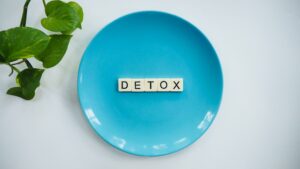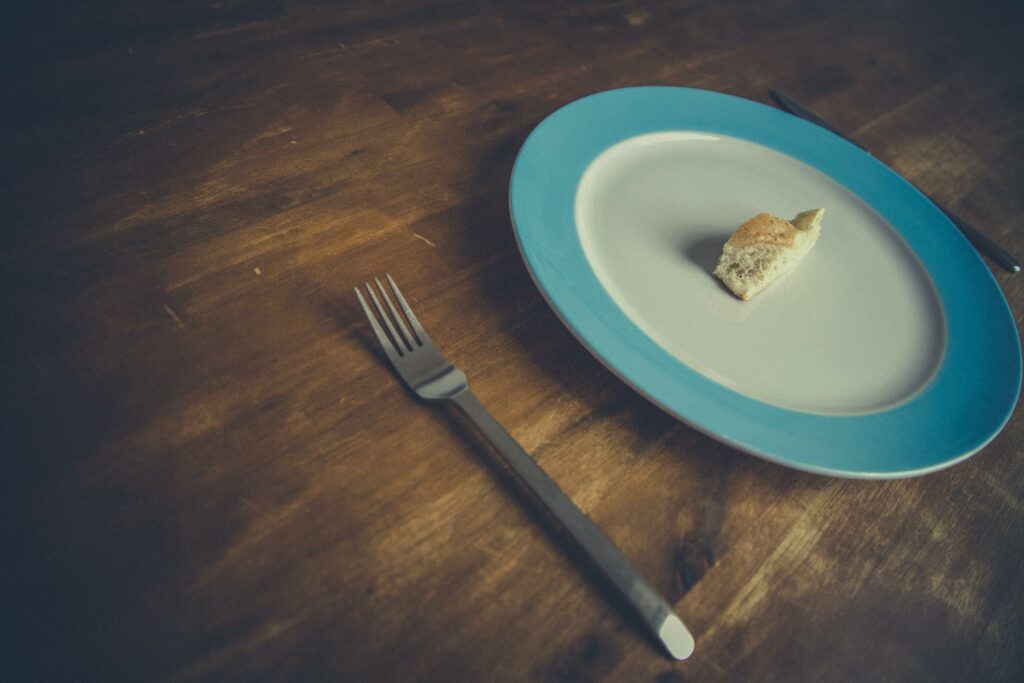Fasting for Weight Loss Over 50
Fasting offers several benefits for individuals over 50 aiming to lose weight. As metabolism typically slows down with age, fasting can help jumpstart it, aiding in weight loss efforts.

Older adults may find fasting particularly beneficial due to hormonal changes and long-standing lifestyle habits that can impede weight loss progress. Apart from weight management, fasting also enhances insulin sensitivity and reduces inflammation in the body, making it a comprehensive approach to improving overall health.
Older adults may face unique challenges when incorporating fasting into their weight loss journey. One common issue is adjusting to changes in meal patterns, which can be challenging for those accustomed to regular eating schedules. To overcome this, individuals can start with shorter fasting periods and gradually increase the duration as they become more comfortable. Additionally, staying hydrated and consuming nutrient-dense foods during eating windows can help maintain energy levels and support overall health during fasting. Planning meals ahead of time and seeking guidance from healthcare professionals can also aid in navigating any dietary concerns or health considerations related to fasting for weight loss over 50.
Different Fasting Methods Suitable for People Over 50
Intermittent fasting involves cycling between periods of eating and fasting. This method is popular among adults over 50 due to its flexibility and potential weight loss benefits. It can help regulate blood sugar levels, reduce inflammation, and promote cellular repair. Individuals can choose from various intermittent fasting schedules, such as the 16/8 method (fasting for 16 hours and eating within an 8-hour window) or the 5:2 approach (eating normally for 5 days and restricting calorie intake for 2 non-consecutive days). Intermittent fasting can be tailored to suit individual preferences and lifestyles, making it a versatile option for older adults looking to manage their weight effectively.

Time-restricted eating focuses on consuming all daily calories within a specific time frame, typically ranging from 8 to 12 hours. This method aligns well with the body’s natural circadian rhythm and can be easier to sustain than other fasting approaches. For individuals over 50, time-restricted eating can help improve digestion, enhance metabolic health, and support weight management. By establishing consistent eating windows, older adults can regulate their hunger cues and prevent mindless snacking, which are common pitfalls in weight loss journeys. Incorporating nutrient-dense foods during the eating window is crucial to ensure adequate nutrition while following this fasting method.
Periodic fasting involves alternating between periods of regular eating and fasting for extended durations, such as 24 hours or more. This fasting approach offers unique metabolic benefits for individuals over 50, including increased fat burning and cellular rejuvenation. While periodic fasting may require more planning and adherence compared to other methods, it can be highly effective in promoting weight loss and improving overall health outcomes. Older adults looking to incorporate periodic fasting into their routine should start gradually, ensuring they stay hydrated and consume balanced meals to support their nutritional needs. Consulting a healthcare provider before embarking on prolonged fasting periods is advisable to address any individual health concerns.
Safety Considerations and Health Tips

When considering fasting for weight loss over 50, individuals should consult healthcare providers. It’s essential to seek professional advice before starting any fasting regimen, especially at an older age.
Healthcare providers can assess one’s overall health status, existing medical conditions, and medications that may impact fasting. They can offer personalized recommendations based on individual health requirements, ensuring a safe and effective fasting experience.
Monitoring nutrition and hydration levels is crucial when fasting for weight loss over 50. It’s important to ensure adequate intake of essential nutrients during eating periods to support overall health and prevent nutrient deficiencies. Additionally, staying hydrated is vital to avoid dehydration, especially during fasting periods. Monitoring food intake and hydration levels can help maintain energy levels, support metabolism, and promote successful weight management.

